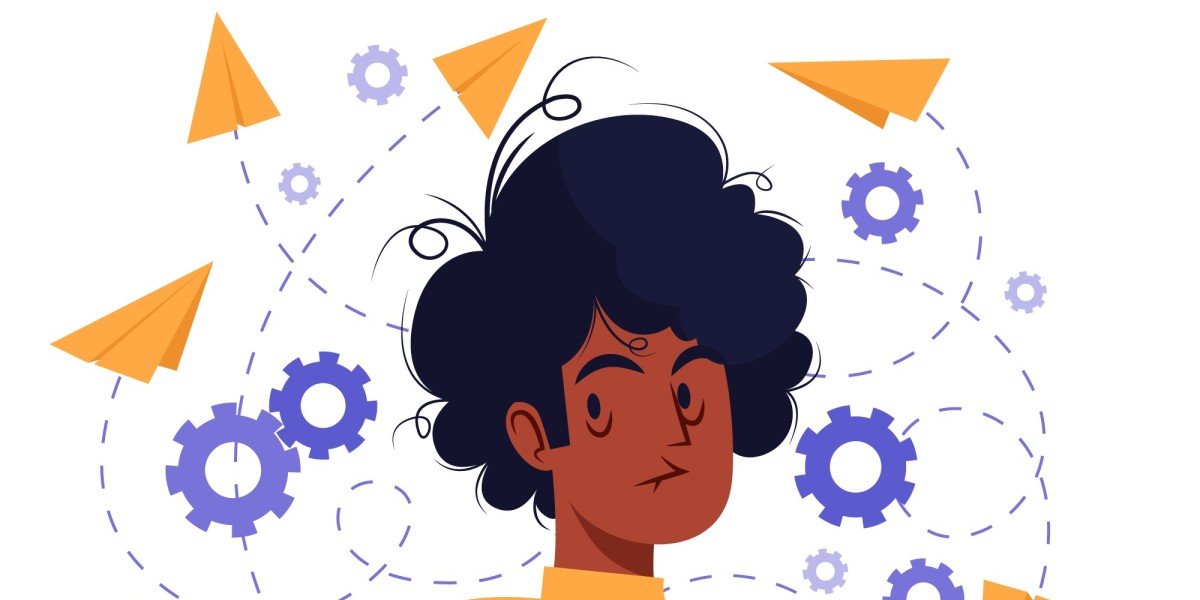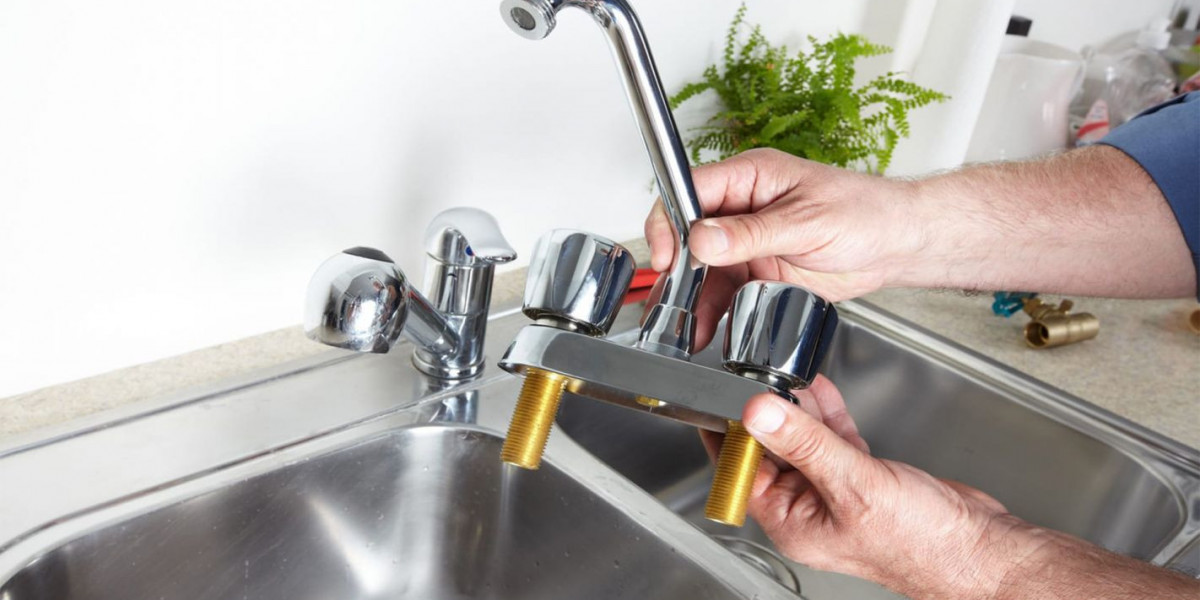Introduction
Attention Deficit Hyperactivity Disorder (ADHD) is a neurodevelopmental condition characterized by inattention, hyperactivity, and impulsivity. While medication and therapy are common treatments, self-care strategies can also play a crucial role in managing symptoms. Self-care books tailored for individuals with ADHD provide practical advice, coping mechanisms, and structured approaches to improving focus, organization, and emotional well-being.
Why Self-Care Books for ADHD?
People with ADHD often struggle with executive dysfunction, time management, and emotional regulation. Self-care books designed for ADHD offer:
Structured strategies for daily tasks
Mindfulness and relaxation techniques
Tips for improving focus and productivity
Emotional support and self-compassion exercises
These books can serve as valuable tools alongside professional treatment, helping individuals develop healthier habits and a better understanding of their condition.
Top Self-Care Books for ADHD
*1. "Driven to Distraction" by Edward M. Hallowell and John J. Ratey
This classic book explores ADHD in depth, offering insights into diagnosis, treatment, and practical strategies for managing symptoms in daily life.
*2. "The ADHD Effect on Marriage" by Melissa Orlov
Focused on relationships, this book helps individuals with ADHD and their partners improve communication and reduce conflict through structured advice.
*3. "You Mean I’m Not Lazy, Stupid or Crazy?!" by Kate Kelly and Peggy Ramundo
A compassionate guide that addresses self-esteem issues often faced by individuals with ADHD, providing empowerment and practical solutions.
*4. "Taking Charge of Adult ADHD" by Russell A. Barkley
A research-backed book offering step-by-step strategies for managing ADHD in adulthood, including time management and organization tips.
*5. "The Mindfulness Prescription for Adult ADHD" by Lidia Zylowska
This book introduces mindfulness techniques to improve focus, reduce impulsivity, and enhance emotional regulation.
*6. "Organizing Solutions for People with ADHD" by Susan C. Pinsky
A practical guide to decluttering and organizing spaces to reduce distractions and improve productivity.
How to Get the Most Out of ADHD Self-Care Books
Read in short sessions (ADHD-friendly pacing)
Take notes or highlight key strategies
Implement one tip at a time to avoid overwhelm
Combine reading with therapy or coaching for better results
Conclusion
Self care books for ADHD provide valuable tools for managing symptoms, improving daily functioning, and boosting self-esteem. While they are not a substitute for professional treatment, they can complement therapy and medication by offering practical, actionable advice. By exploring these resources, individuals with ADHD can develop personalized strategies to thrive in their personal and professional lives.
Would you like recommendations tailored to specific ADHD challenges, such as time management or emotional regulation? Let me know how I can help!







